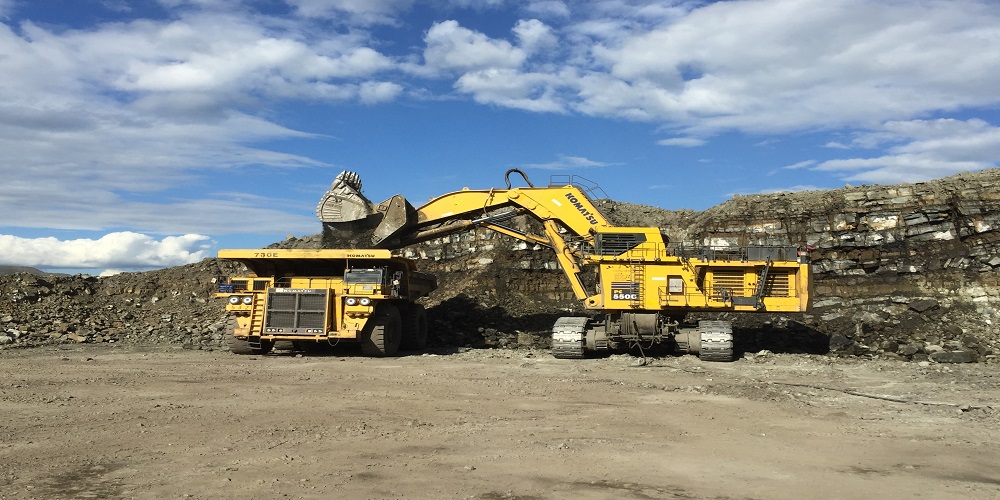The heavy industrial equipment is probably the most expensive machinery in your company. The type of maintenance heavy equipment needs depends on its condition. Production and profitability rest on this equipment to a large extent. That is why you want to ensure it continues to work in optimal condition. Avoiding machine breakdown is essential for smooth business operations and continuous productivity.

Therefore, industrial equipment repairs might be the maintenance type required if the machinery has failed to power on. But if it is in working condition, preventative maintenance is the first step to ensure it remains in proper condition. Not creating a proper maintenance plan for the equipment can result in:
- Machine breakdown
- Expensive repairs
- Shortened lifespan of the equipment
Preventative maintenance must include regular checks. There must be guidelines that enable managers and operators to use the equipment responsibly. This blog explains a few guidelines that should be in your industrial equipment preventative maintenance plan.
1. Regular checks before operating
Operators must do several routine checks before powering on the equipment every day. These inspections should include both manual and visual. Managers and operators should have a checklist that they tick. They must record the status of each part of the machinery while doing the routine check. It makes it easy to quickly notice any minor issue before it becomes a major fault.
The following routine checks are suggested for your industrial equipment:
- Check engine oil and other fluids conditions
- Remove any hazards, such as overhead or tripping hazards.
- Check for wetness around machinery to identify any leaks
- Ensure caps are screwed tightly
- Check belts to identify tears, splits, or cracks.
- Make sure there are no loose screws or parts
- Report any strange noise once powered on and during operation.
- Ensure brakes and lights are in proper condition
2. Power-off maintenance routine
After using it every day or after each shift, routine checks and maintenance are also necessary. The following checks are suggested:
- Leave the equipment on idle for at least 5 minutes before turning off the engine
- Ensure there’s fuel in the tank
- Engage the brake
- Wash or clean any parts required
3. Periodic maintenance
Every machinery, especially heavy industrial equipment, requires scheduled periodic maintenance. The equipment company handles this, and the suitable time is often stipulated in the manual. The appropriate period can range from every 200 hours to 1500 hours. It depends on the machinery. These details are usually stipulated in the user manual. Or the equipment sales company would advise you at the point of purchase. Expect the following during these periodic maintenance:
- Change of engine oil and other fluids
- Replacing oil and fuel filters
- Examine air dryers
- Check hydraulics and change the necessary components
- Radiator check
- Etc.
A successful preventative maintenance plan needs all parties working in agreement. The manager, contractors, machine operators, and anyone handling the equipment must understand and follow the set guidelines. With this, you can expect the machinery to remain in great shape for a long time.
